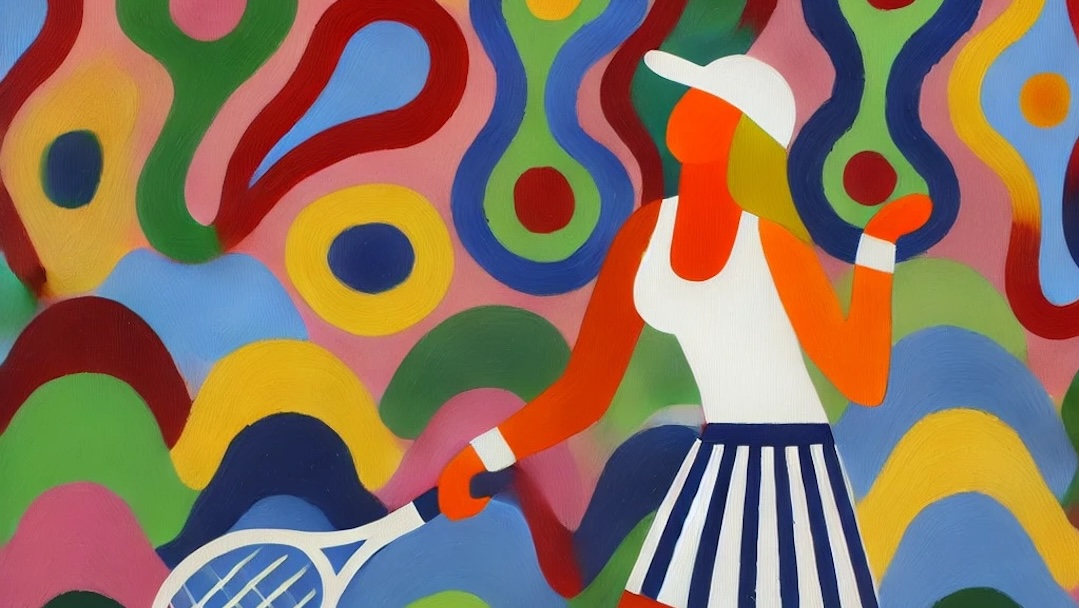In late 2020, the International Tennis Hall of Fame released a virtual exhibit titled “Breaking the Barriers: The ATA and Black Pioneers.” It was the result of a partnership between the museum and historians Dale Caldwell and Art Carrington. In the intervening time, I have since learned that the original physical version of that exhibit first appeared at the 2007 US Open. My experiences with the digitized update were captured in the post “A Virtual Visit to the International Tennis Hall of Fame.”
The International Tennis Hall of Fame has recently added a related digital exhibit, “Breaking Boundaries in Black Tennis.” The initial launch of “Breaking Boundaries” included 94 individuals representing 25 nations. However, it was always envisioned as a “living” project that would continuously grow with a built-in mechanism for fans to make additional nominations. Since the original release, the exhibit has been expanded with additional inspirational stories of athletes.
As a result, the exhibit contains a section for many young contemporary players. Taylor Townsend, Frances Tiafoe, Ben Shelton, and Coco Gauff all have entries. They appear alongside tennis legends like Althea Gibson, Dr. Robert Johnson, Arthur Ashe, and Ora Washington who were all featured in the original “Breaking Barriers” exhibit.
While I found “Breaking Barriers” to be highly immersive, the newer “Breaking Boundaries” exhibit feels more like an encyclopedia. This newest installment is organized by location. Each region’s navigation is represented as a globe. When viewed in aggregate, it is a statement of how far tennis has come since the pioneers in the sport broke through the color barrier. That may have been how it was intended to be viewed.
One dissapointment for me in “Breaking Boundaries” was the absence of a bibliography with suggested further reading. That was a key feature of the “Breaking Barriers” exhibit that brought me great joy. I always love a good list of tennis books.
I highly recommend taking the time to go through the original “Breaking the Barriers: The ATA and Black Pioneers“ exhibit and then checking out “Breaking Boundaries in Black Tennis.” It is an opportunity for reflection on how far inclusion and diversity of the sport have come in recent years. I think that may be how the two exhibits are meant to complement each other.



